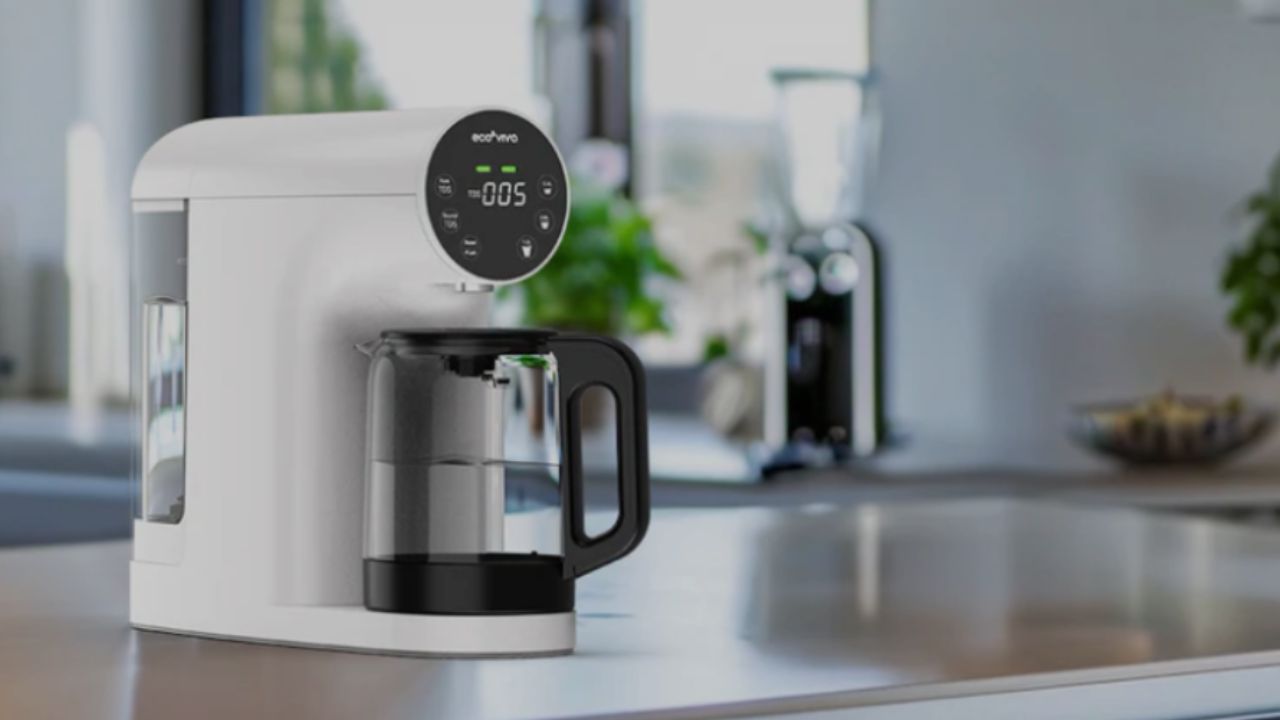Although water is essential for survival, not all types of water are healthy for us to consume. Given the current world scenario, where water scarcity and poor quality water are becoming the order of the day, households and businesses need and desire to incorporate new-age water filtration technologies like Reverse Osmosis.
There are several advantages of RO systems; explaining why people have embraced water purification systems. Let’s discuss thoes in detail.
Some Ultimate Benefits Of Water Filters With Reverse Osmosis
TDS & Contaminants Reduction
Total Dissolved Solids (TDS) are the inorganic salts and small amounts of organic material that are dissolved in water. Although not all TDS are deleterious, high levels are perceived to have an unpleasant taste, and some of the feeling constituents, such as leads and arsenic, have adverse health effects.
A semi-permeable membrane of the RO systems is particularly suitable for minimizing the TDS and effectively eliminating these solids. However, RO can remove up to ninety-nine percent of dissolved organics, bacteria, and endotoxins/pyrogens. This way, all the impurities are washed out in a more comprehensive and effective manner, making the water safe for drinking and cooking as it is also more pleasing to the palate and clearer in color.
Portable Size
One of the standout features of modern RO systems is their compact and portable design. This makes them suitable for a variety of settings, from small household kitchens to RVs and even outdoor expeditions where clean water sources are scarce. The portability factor allows users to have access to purified water wherever they go without the hassle of bulky equipment. Whether you're moving homes or need a temporary water filtration solution, portable RO systems can easily be installed and moved according to your convenience.
Rapid Water Delivery
RO systems are designed to produce purified water efficiently. Newer models have addressed the efficiency concerns traditionally associated with RO systems and now offer more rapid water delivery. This means less waiting time for filtering large amounts of water, making it practical for high-demand environments. With innovations in pump technology and membrane design, these systems can fill up reservoirs faster than ever, ensuring that you have access to purified water whenever you need it.
Real-time TDS Level Monitoring
Advancements in technology have also introduced features like real-time TDS level monitoring in RO systems. It is especially beneficial in determining the purity levels of water because this feature can be used to give an immediate, digital read out on the number of dissolved solids within the water source. The TDS levels should be closely monitored so that the efficiency of the RO system will remain intact and all the filters are working properly. It is somehow reassuring as users are confident that their filtration system is functioning properly, and water is safe for consumption.
Low Maintenance
RO systems are comparatively easy to maintain. They typically require periodic replacement of the pre-filtration stages (to remove sediment and other larger particles before the water reaches the RO membrane) and the RO membrane itself. Depending on the water quality and usage, an RO membrane can last anywhere from two to five years. Many systems also come with clear instructions and can be maintained by the users themselves, avoiding the need for expensive professional service.
Environmentally Friendly
Using an RO system contributes positively to environmental conservation. When tap water is filtered, households and businesses can reduce their use of bottled water and therefore minimise on the use of plastics that leads to lesser emission of carbon which is evident in the production of bottled water. Also, present day reverse osmosis systems are even more efficient in terms of amount of water they use in the filtration process.
Better Health
The ability of RO systems to remove various contaminants not only ensures the taste and smell of the water are improved but also plays acrucial role in health. Lead, a common contaminant in old plumbing systems, can lead to numerous health issues, particularly in children. By removing potentially harmful substances, RO-filtered water contributes to overall well-being and can prevent certain diseases and conditions linked to contaminated water.
Key Takeaway
There are numerous and far-reaching advantages associated with the use of water filters that employ reverse osmosis technology. Starting with the fact that it can lower TDS and even contaminants, up to convenient features such as a portable model of the system and rapid filtration RO systems are an optimal solution to water purity problems. These systems also incorporate features that enable the monitoring of TDS in real-time; this also enables the enhancement of the water quality to ensure that it is always safe and clean. It can, therefore, be seen why RO systems are so popular and preferred for all water filtration services.


